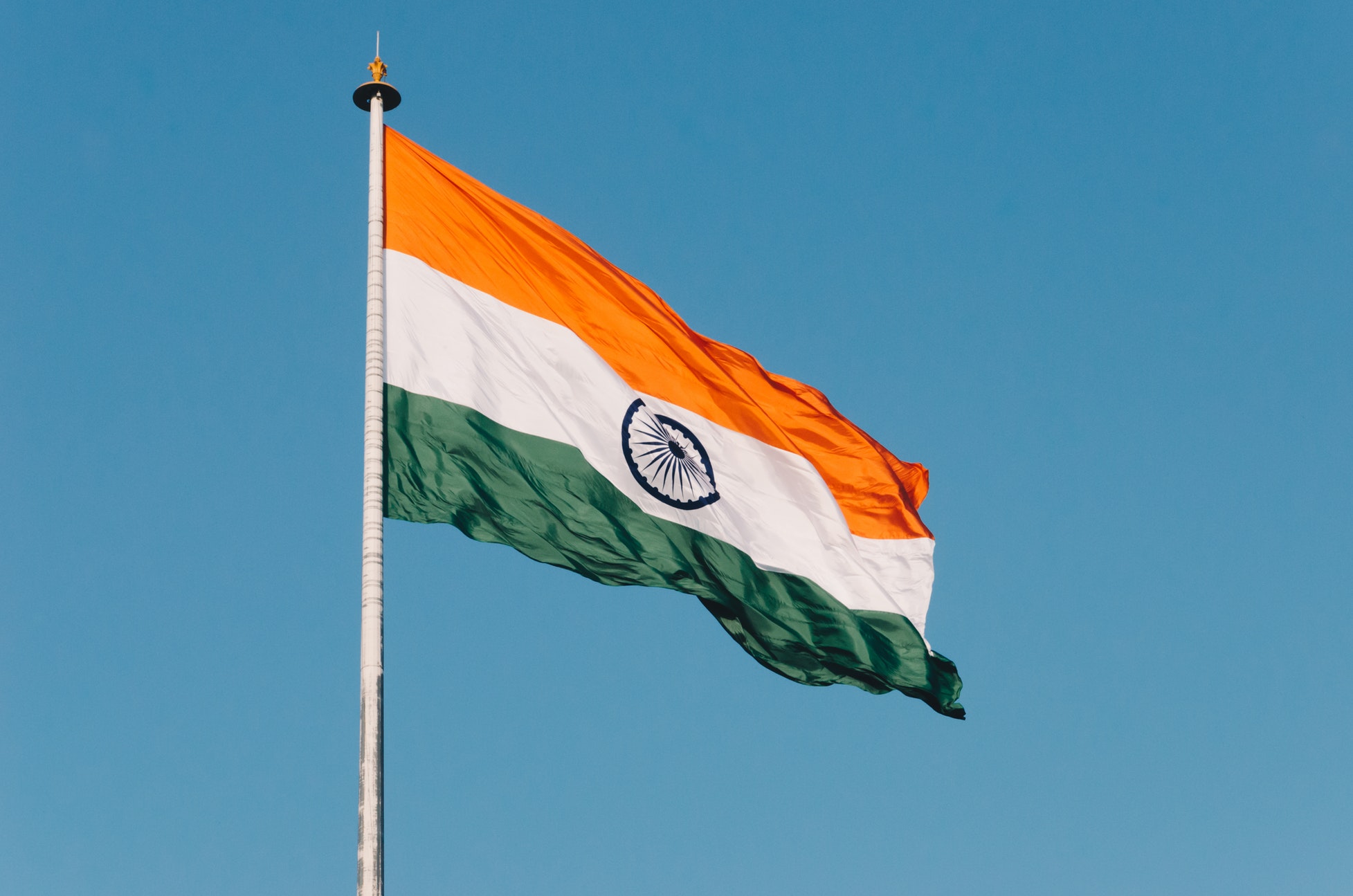Being modest seems awfully outdated for many who dismiss it off as a dull, life-denying, and pointless virtue. It evokes an image of being either too timid or too plain and often regarded as a cranky spoilsport that passes itself off as a ‘virtue.’
In its simplest terms, being modest is the very inability or not feeling the need to brag about oneself. It’s a deeply ingrained nature of being self-aware and confident without having the need of others validating it. A fascinating dimension to modesty is that if you have it, you wouldn’t even realize it. And if you think you do, you really don’t.
However, despite coming with a considerable amount of baggage of years of misconceptions, there is still something about it that is life-affirming, and studies from some recent studies are here to show us why we must consider it as a new way of life. Being modest is highly beneficial to overall behavioral health, self-confidence, and interpersonal relations, and here’s why.
Studies show why modesty benefits mental health
According to researchers Chuhua Zheng and Yanhong Wu, modesty is most prevalent in Asian cultures as they are known to place more emphasis on a group of collective values, unlike people in western culture, where individual characteristics, achievements, and personal freedom are considered more valuable. Coming from traditionally collective culture, where the needs of the group come before individual needs, being humble is just a cultural norm among Asians.
Thus, with an intention to discover the link between being modest and achieving mental content, Zheng and Wu studied mental stability and behavioral attributes of over 500 undergraduate students from China, belonging to the 18-49 age group. The participants were made to undergo tests that measured their modest behavior and emotional intelligence quotient and identified their capability to realize and understand emotions, and thus empathize with self and others.
The students also completed tests such as the Rosenberg Self-esteem Scale, the Index of Well-Being, and the Beck Depression Inventory, that demonstrate their capability in gauging their self-worth by measuring positive and negative feelings about self. The results showed that being modest has its own share of benefits, after all.
Being modest is the key to finding inner peace
There is a strong correlation between modesty and high self-esteem, which is known to boost academic performance among students and a better chance at success in a career. High self-esteem facilitates persistence after failure by forming an ego-protective buffer. It stabilizes a sense of competence by lessening the impact of failure on one’s psyche.
Mediation analysis further sheds light on the indirect impact of being modest on overall well being.
Modesty engendered increased emotional intelligence (. = .43, CI [.35, .51]), which resulted in higher self-esteem (. = .55, CI [.46, .63]), thus rendering greater subjective well-being.
This meant that higher levels of modesty were also associated with higher emotional intelligence, thus reducing one’s chances of feeling worthlessness and self-doubt.
Collective modesty among East Asians has long-baffled researchers, especially in Western countries. This report demonstrates why bragging about oneself, which is considered socially inappropriate in countries like China, Japan, and Korea, makes people subconsciously view themselves as less worthy or unfit.
And while the study does acknowledge its limitations that it fails to explore the impact of different types of modest behaviors on individuals with different personality traits, it concludes that adaptive well-being could very well be strengthened by employing self-positioning tactics that help individuals better understand their emotional needs and deal with negative emotions.
Modesty as a way to get more from life
In essence, what really defines modesty as a virtue is one’s capability to determine what matters in life and how that impacts one’s outlook towards the world. Understanding modesty this way undoubtedly seems less antiquated and makes it a characteristic that’s worth seeking.
While the thoughts of immodest people are often plagued by comparative judgments and what people around them think or say, being modest is ultimately not caring about these things and ensuring that these self-regarding concerns don’t color life’s experiences. After all, superiority isn’t about being better, smarter, faster, and more successful than other people. It is, in fact, the very opposite and caring about things that don’t seem comparative at all.
My value as a woman is not measured by the size of my waist or the number of men who like me. My worth as a human being is measured on a higher scale: a scale of righteousness and piety. And my purpose in life-despite what fashion magazines say-is something more sublime than just looking good for men.
― Reclaim Your Heart: Personal Insights on Breaking Free from Life’s Shackles
Let me add, too, as an afterthought, being modest is not only for women, it also looks distinctive on men.







